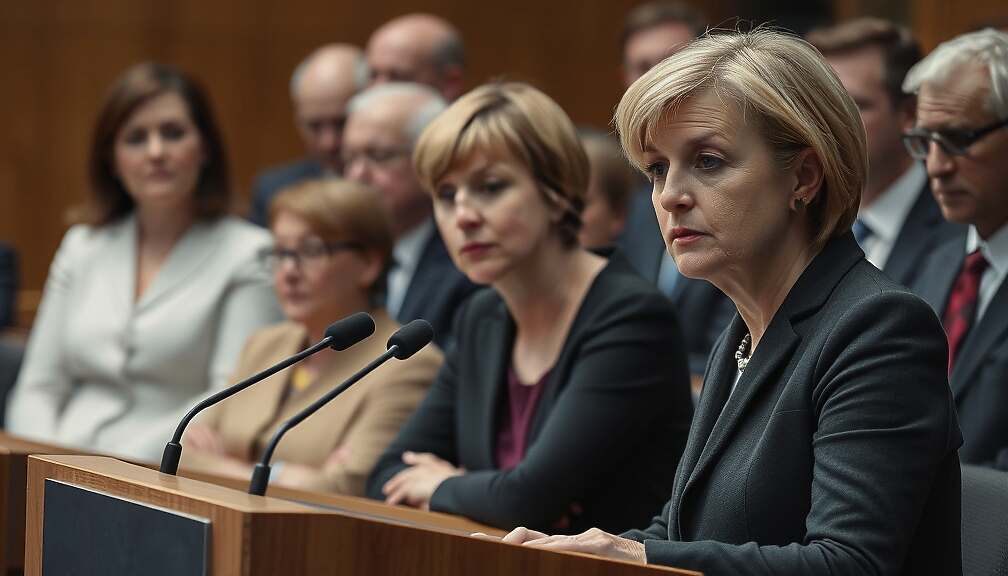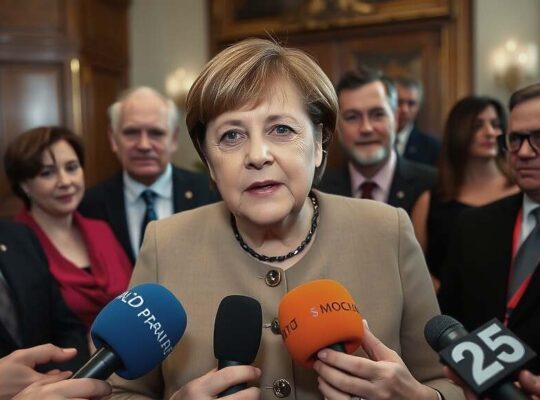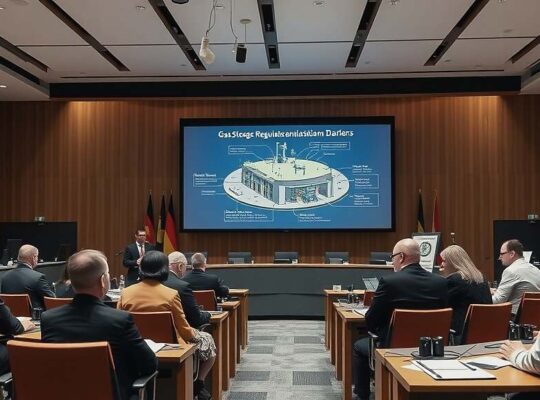Parliamentary proceedings in Germany are facing heightened scrutiny over the interpretation and application of parliamentary rules. Bundestag President Julia Klöckner, of the Christian Democratic Union (CDU), has defended her strict adherence to the chamber’s regulations in a recently surfaced internal communication.
The debate centers on limitations imposed by Klöckner, including restrictions on the display of badges and posters within parliamentary offices. Her stance, articulated in a letter responding to concerns raised by Irene Mihalic, First Parliamentary Secretary of the Green Party faction, aims to prevent what she describes as “culture wars” and arbitrary actions within the Bundestag.
Klöckner’s justification emphasizes the existing official symbols permitted for display during plenary sessions – the German national eagle, the German flag and the European flag. She argues that introducing further symbolism beyond these would inevitably trigger divisive debates and detract from the core function of parliamentary discourse: debate through spoken word.
Mihalic, in her initial warning to Klöckner, cautioned that the regulations could indeed foster a “culture war” within the Parliament. She countered Klöckner’s view, asserting that expressing viewpoints through various forms, including imagery and demeanor, respectfully and within constitutional boundaries, is a vital aspect of parliamentary engagement. Mihalic expressed hope for a comprehensive discussion regarding the interplay between parliamentary speech, reasoned responses and the symbolic representations that accompany them. The situation underscores a divergence in perspectives on how best to ensure a productive and respectful legislative environment.












